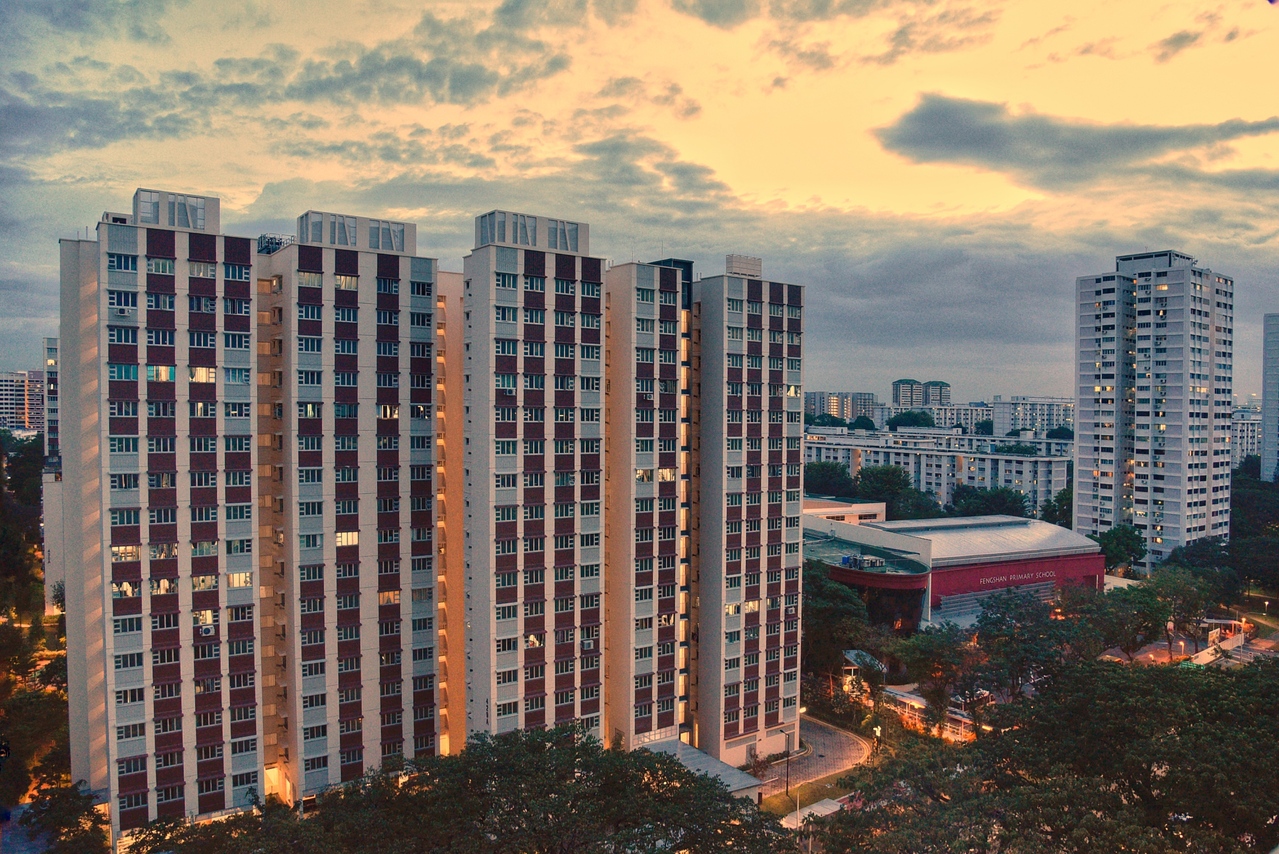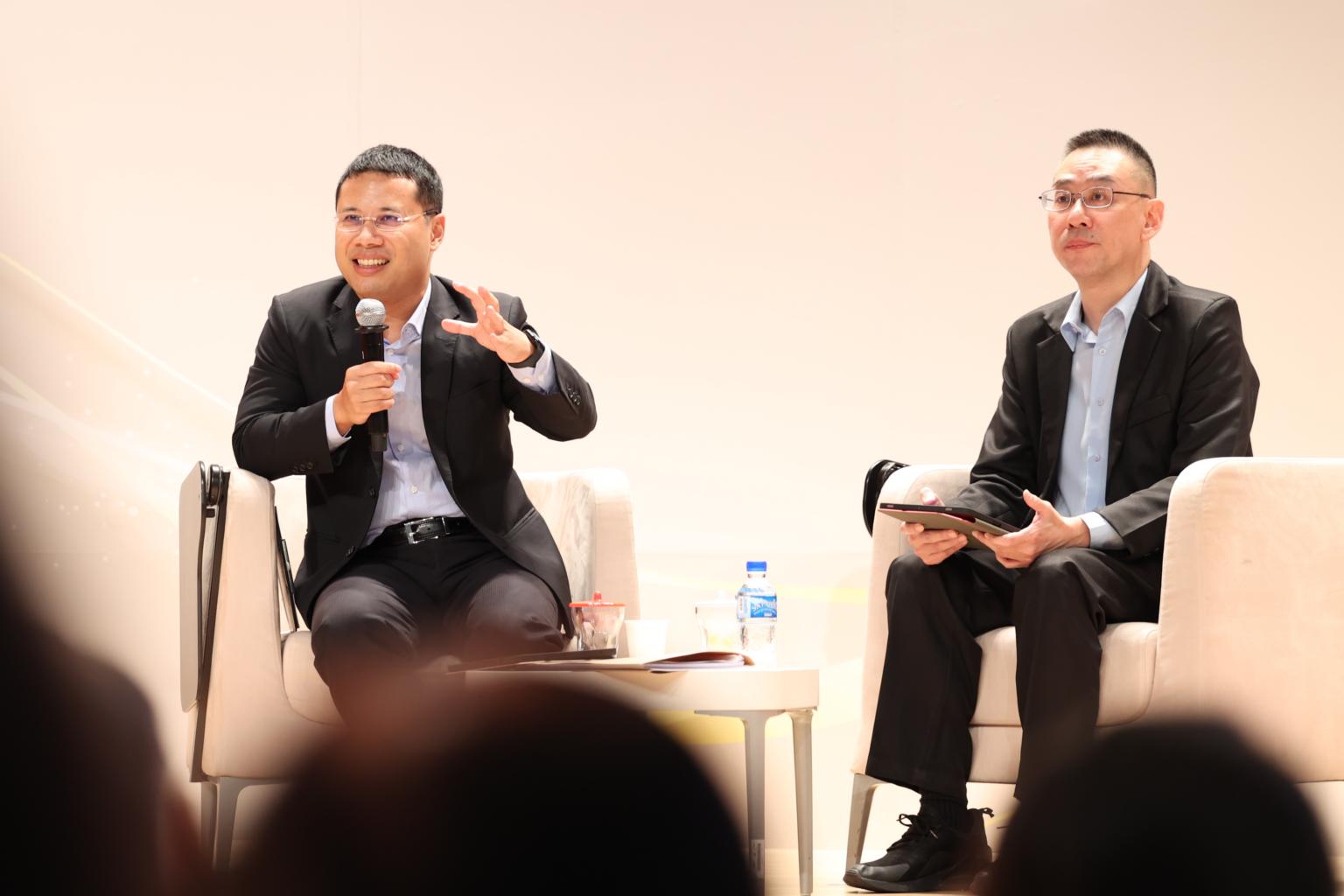ComLink in touch with over 11,000 families with children living in rental flats
Sign up now: Get ST's newsletters delivered to your inbox

This is 80 per cent of 14,000 families that were projected to be reached through the expansion of Comlink.
PHOTO: ST FILE
Follow topic:
SINGAPORE - The Community Link (ComLink) programme has reached out to around 11,200 families that have children and live in public rental housing as of October 2022 to find out their needs.
This is 80 per cent of 14,000 families that were projected to be reached through the expansion of Comlink, which provides coordinated support to low-income families, over two years in March 2021.
Minister-in-charge of Social Services Integration Desmond Lee announced at the Singapore Children's Society's Learning Festival on Friday that ComLink has also secured about $2.7 million in donations for its programmes.
Before it was expanded, the programme supported 1,000 families during its 2019 pilot in four areas - Boon Lay, Marsiling, Kembangan-Chai Chee and Jalan Kukoh.
The programme, which is under the Ministry of Social and Family Development, has also engaged more than 218 partners and companies to build awareness of ComLink, and introduced 183 programmes to support families, Mr Lee added.
During his speech on social service delivery in Singapore, he said reducing income inequality and sustaining social mobility are key priorities. The country has made progress through raising the local qualifying salary, expanding the progressive wage model and enhancing Workfare that tops up the pay of lower-income employees.
However, Mr Lee said helping lower-income families has to go beyond just financial support, as they often face more complex needs.
Three areas must be addressed - stability of meeting their basic needs, self-reliance so they can support themselves, and social mobility so they can improve their circumstances.
He said issues faced by families often cannot be comprehensively addressed by just one agency or partner. For instance, due to health or caregiving issues, the breadwinner may be unable to work.
"This may cause further problems... such as financial difficulties where they are unable to pay their housing rent or mortgage, strains on familial ties at home, and difficulties in schools."
It is difficult for one agency to help families deal with the different challenges they face. When they get referred from agency to agency, it adds to their mental load, he added.
"Each agency will try their best to help the family within their ambit, but might not have a holistic picture of the family's needs or the support being provided. Agencies may not be able to provide services in a coordinated manner."

Mr Lee said social services should not be delivered in a piecemeal fashion, as it poses a risk of not addressing the fundamental underlying issues.
"So, we need to reorganise ourselves such that social services are delivered in a way that focuses on the needs of the family and builds on their strengths, rather than what an agency or programme is mandated to provide.
"These services should come together to support families towards stability, self-reliance and ultimately social mobility," he added.
He said the ComLink programme has provided greater clarity on the needs of families, noting that its befriending services allow their needs to be better understood.

